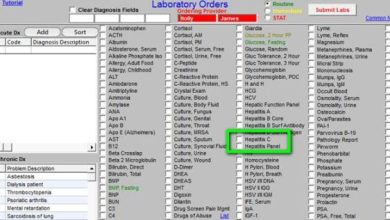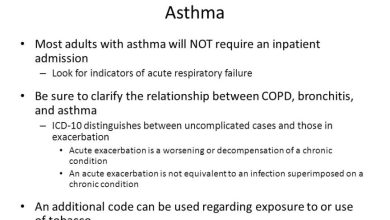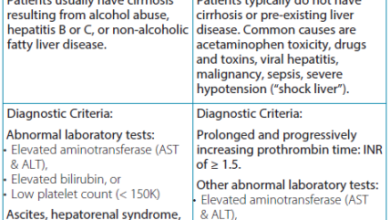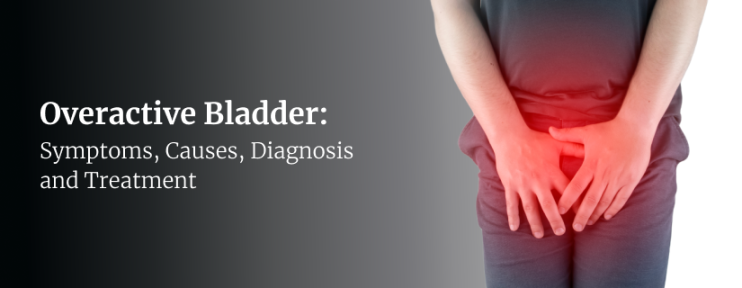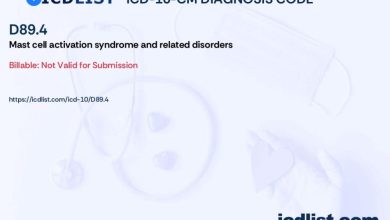Understanding Hashimoto Thyroiditis ICD-10 Coding Guidelines
What is Hashimoto Thyroiditis ICD 10?
Hashimoto Thyroiditis, also known as chronic lymphocytic thyroiditis, is an autoimmune disorder that affects the thyroid gland. The condition is characterized by inflammation of the thyroid gland, which can lead to an underactive thyroid (hypothyroidism). Hashimoto Thyroiditis is classified under the ICD-10 code E06.3.
Code Information

The ICD-10 code for Hashimoto Thyroiditis is E06.3. This code is used to classify and code the condition for medical billing and insurance purposes.
Diagnostic Related Groups (MS-DRG)

Hashimoto Thyroiditis falls under the following Diagnostic Related Group (MS-DRG): 643 – Endocrine Disorders with MCC (Major Complications or Comorbidities) or CC (Complications or Comorbidities).
Convert to ICD-9 Code
The equivalent ICD-9 code for Hashimoto Thyroiditis is 245.2.
Code History
The ICD-10 code for Hashimoto Thyroiditis was introduced in 2016 as part of the update to the classification system.
Approximate Synonyms
Other names for Hashimoto Thyroiditis include chronic lymphocytic thyroiditis, autoimmune thyroiditis, and Hashimoto’s disease.
Clinical Information
Hashimoto Thyroiditis is an autoimmune disorder in which the body’s immune system attacks the thyroid gland. This can lead to inflammation and damage to the thyroid tissue, resulting in hypothyroidism.
Causes
The exact cause of Hashimoto Thyroiditis is not known, but it is believed to be a combination of genetic and environmental factors. Certain risk factors, such as a family history of autoimmune disorders, can increase the likelihood of developing the condition.
Symptoms
Common symptoms of Hashimoto Thyroiditis include fatigue, weight gain, depression, constipation, dry skin, and hair loss. Some individuals may also experience swelling of the thyroid gland (goiter).
Diagnosis
Hashimoto Thyroiditis is typically diagnosed through a combination of physical examination, blood tests to measure thyroid hormone levels, and imaging tests such as ultrasound to assess the size and appearance of the thyroid gland.
Treatment
Treatment for Hashimoto Thyroiditis usually involves hormone replacement therapy to restore normal thyroid function. This may include taking synthetic thyroid hormone medications such as levothyroxine.
Conclusion
Hashimoto Thyroiditis is a chronic autoimmune disorder that affects the thyroid gland and can lead to hypothyroidism. Proper diagnosis and management of the condition are essential to prevent complications and improve quality of life for individuals with Hashimoto Thyroiditis.
FAQs (Frequently Asked Questions)
Q: Is Hashimoto Thyroiditis a common condition?
A: Yes, Hashimoto Thyroiditis is one of the most common causes of hypothyroidism.
Q: Can Hashimoto Thyroiditis be cured?
A: There is no cure for Hashimoto Thyroiditis, but it can be effectively managed with medication.
Q: What are the long-term effects of Hashimoto Thyroiditis?
A: Untreated Hashimoto Thyroiditis can lead to complications such as heart disease, infertility, and mental health issues.
Q: Are there any lifestyle changes that can help manage Hashimoto Thyroiditis?
A: Eating a balanced diet, getting regular exercise, and reducing stress can help support thyroid health in individuals with Hashimoto Thyroiditis.
Q: Can Hashimoto Thyroiditis affect pregnancy?
A: Yes, women with Hashimoto Thyroiditis may have a higher risk of complications during pregnancy, such as miscarriage and preterm birth.




